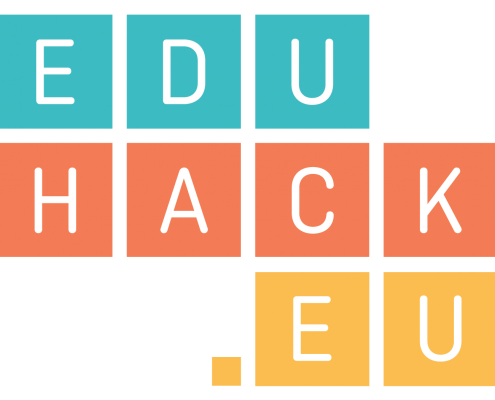Appreciate opportunities and risks of personalization in learning
Read
Digital technologies may enable the development of so-called personalised approaches, where learning experiences adapt to the level, pace and preferences of learners. This is exactly the focus of Khan Academy, a platform that offers “practice exercises, instructional videos, and a personalized learning dashboard that empower learners to study at their own pace in and outside of the classroom”.
While personalization and adaptive learning might be beneficial to some students and enhance education in certain contexts, evidence of this is limited and there are also important implications that need to be taken into account when considering the adoption of such pedagogical approaches and methods.
The following readings address some key concerns and offer a critical view on personalised learning and the role of technology in this context:
- In this blogpost, education historian Larry Cuban summarises his participation in a discussion panel on Personalised Learning. Focusing on the adoption of personalised approaches to learning at schools in the US, he stresses the lack of agreement on a single definition of personalised learning and, instead, suggests a broader spectrum with various interpretations of the concept.
- In Four Reasons to Worry About “Personalized Learning” (Psychology Today, 2015), Alfie Kohn reviews some of the key caveats of personalised learning approaches, making the case for personal learning as opposed to personalised..
Watch
In this video Sal Khan – the founder of Khan Academy – speaks about how he started to create educational content and the role of personalized learning in his vision. (duration: 3:44)
Do
(estimated time to complete the task: 1 hour)
Explore at least one of the following personalised learning platforms:
Write a post on your own blog or the EduHack Wall reflecting on the extent to which these tools could be relevant to your practice, covering the main opportunities and risks. Given that personalisation relies on the collection of data about students’ performance, discuss the ethical implications of tracking.
Additional Resources
Here you can find other recent articles discussing some of the pros and cons of personalised learning approaches.
- ‘Technology is transforming what happens when a child goes to school’, The Economist, 2017.
- ‘Personalized Learning Is a Problem of Privilege’, by Paul Emerich France, EdSurge, 2018.
- ‘Personalised learning starts to change teaching methods’, by Adam Thomson, Financial Times, 2018.


